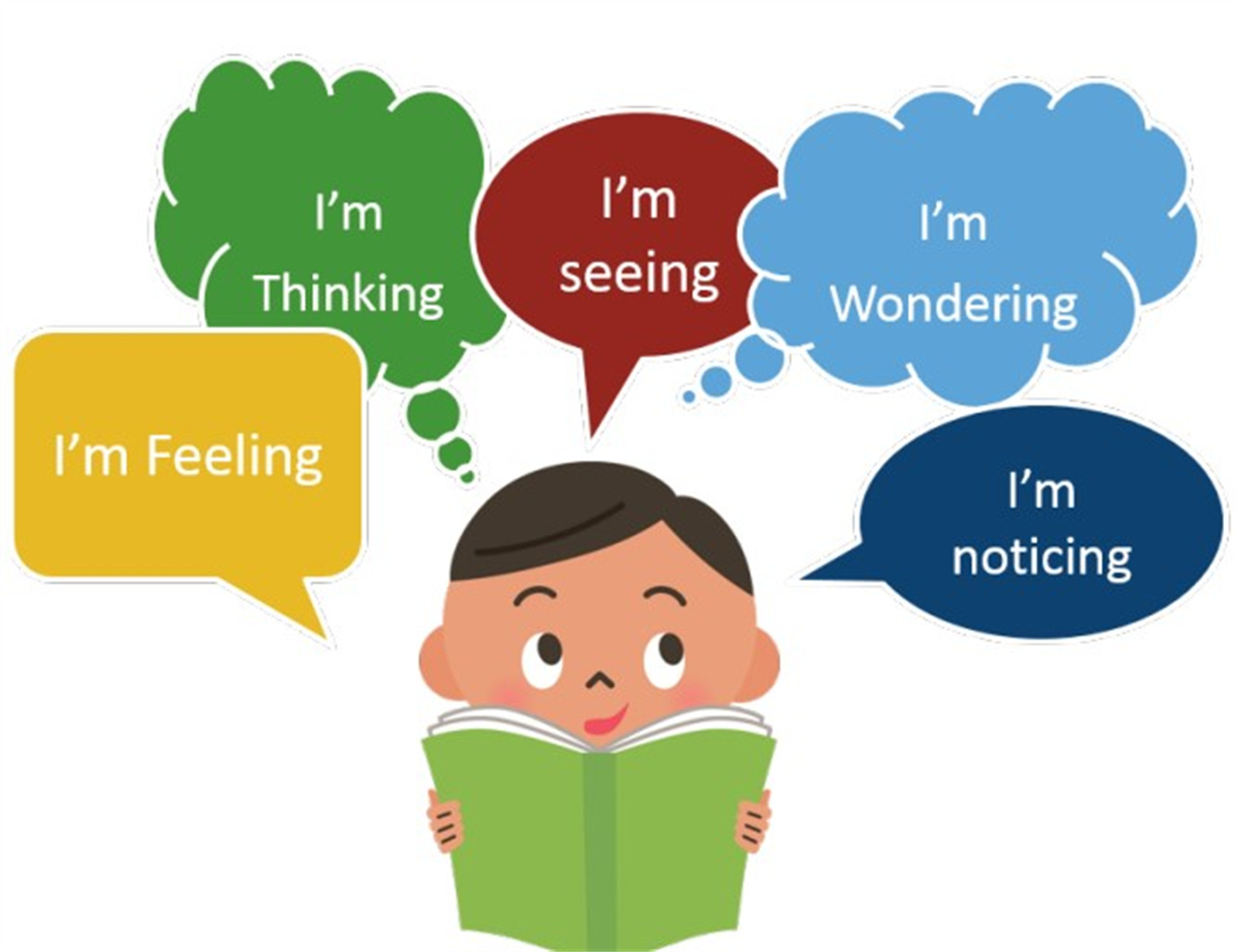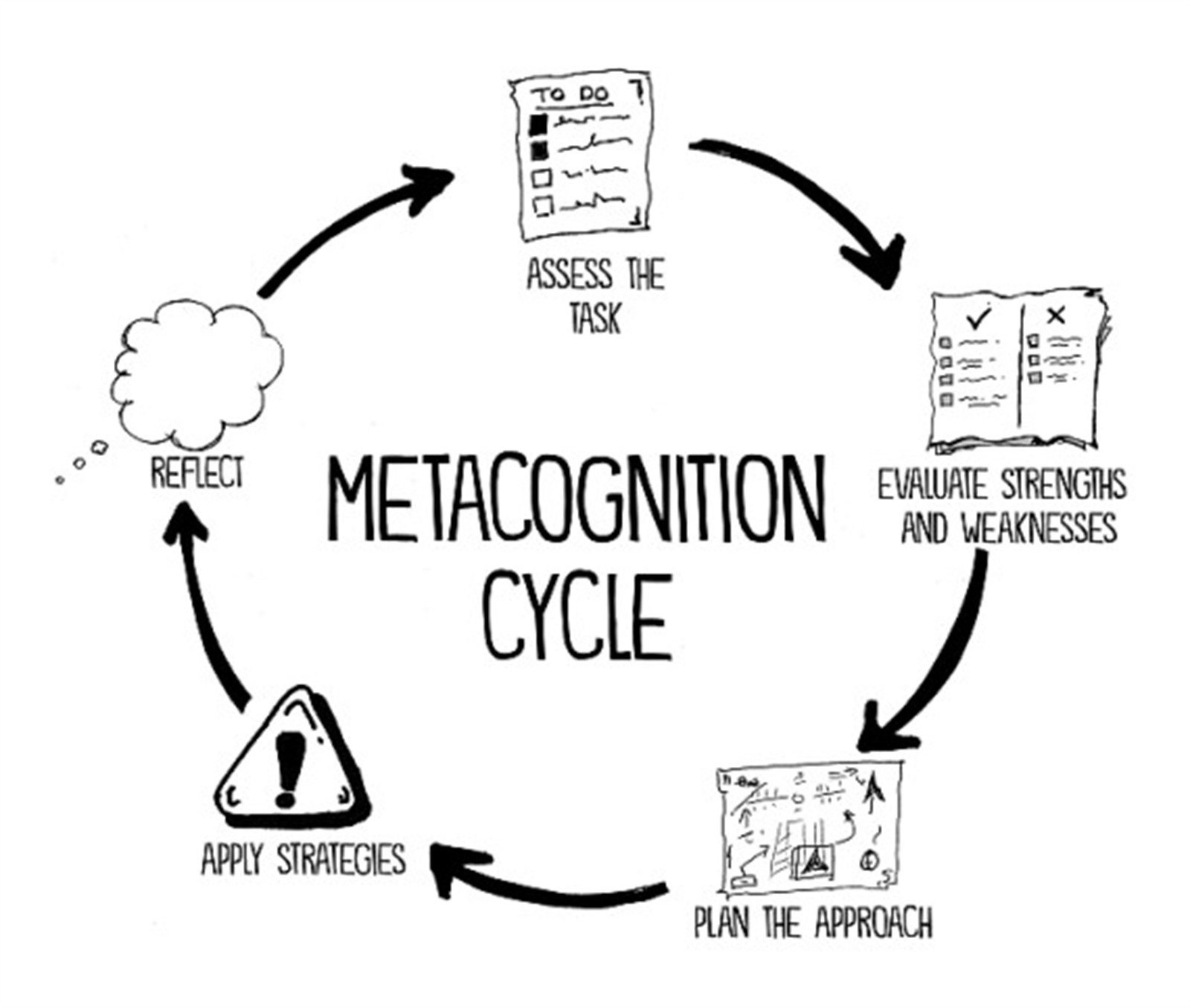Help Your Kid Learn Better by Nurturing Metacognition
The world is changing at a faster pace than it has ever changed before. Similar to our generation and generations of the past, our children will be tasked with new jobs, challenges, and problems to solve. As parents and educators, we strive to prepare our children for the future.
However, the question remains, how can we prepare our children for a future that we have not yet imagined? To answer this, we can focus on what we do know.
We know that preparing children for the 21st century means giving them the skills to tackle whatever the future may bring. To do this, learners need the opportunity to develop the ability to think about their thinking - or in other words, Metacognition.
What is Metacognition, and Why Nurture it?

Simply put, metacognition is the ability to think about one’s own thinking and can be broken into two schools of thought: knowledge of thinking and regulation of thinking.
Knowledge of Thinking is the awareness of what learners know about their thinking. This includes:
- What the learner knows or believes about their learning.
E.g. Remembering mathematical procedures is difficult for me or I know that 2+2 = 4
- The ability to understand the task and what needs to be done in order to be successful. It is often related to the learner’s confidence level and perception of difficulty.
E.g. The mathematical procedure today is complex or I know how to calculate sums
- The learner’s ability to know when to apply knowledge and skill to new situations.
E.g. I know that breaking numbers into smaller parts help me add faster, therefore it could help me multiply faster too.
Regulation of Thinking is what learners do and how they manage their thinking. This includes:
Planning. Learners think about the goal or desired outcome, and consider the best possible approaches. Students might consider:
- What am I being asked to do?
- Which strategies will I use?
- Are there any strategies that I have used before that might be useful?
Monitoring. Learners carry out the approach and monitor their progress as they work through a task. Learners may decide to change or adapt their plan as they go through the learning process. Students might consider:
- Does this make sense?
- Is the strategy that I am using working?
- Do I need to try something different?
Evaluating. Learners must determine success and should focus on the process rather than the outcome. Students may consider:
- What went well?
- What did not go so well?
- What would be even better?
- What could be improved or done differently next time?
- In what other situations could this approach or strategy be applicable?
As a result of decades of research, we now understand the importance of nurturing effective metacognitive behaviour in all children starting in Early Years. Thinking about one’s own thinking plays an important role in improved and long-lasting learning. When outcomes or solutions are not obvious, students improve their ability to consider choices and evaluate options. They can identify what helps them as individual learners as well as target key areas of growth.
Because children can rely on reflective practices to recognize specific gaps in knowledge, children develop a more proactive ‘how can I’ mindset rather than a negative “I can’t” mindset when faced with frustration.

There is evidence that learners who are taught metacognitive strategies are more resilient and more successful, both in and out of academic settings. Students who have gained emotional awareness are able to answer important questions:
- How do my feelings and experiences affect my views on life? My own happiness?
- How can I live happily?
- How can I be a respectful global citizen?
- How can I feel good about my actions and influence?
By contemplating reflections, students begin to develop empathy and an understanding of varying perspectives. Or in the words of Learning Coach Tamara Rosier, who specializes in metacognitive techniques, “Thinking about our thinking creates perspective — a perspective that leaves room for change.”
How can parents and educators nurture metacognition?
- Talk about how the brain works. Children need to understand that our brains are always growing.
- Nurture Growth Mindset. Children need to believe that they can achieve their set goals.
- Remain open-minded. Children learn and grow differently. It doesn't matter where children are in the learning process. We all know how to walk; Perhaps you learned before I did, but we all learned.
- Praise the Process, Not the outcome.
- Challenge children to explain their thinking behind the doing. As educators and parents, instead of focusing on mistakes and weaknesses, we should shift what we are focusing on so that our children will too.
- Praise trial and improvement. The more strategies and methods we try, the more we know ourselves as learners. This also builds empathy. Children no longer expect to get everything right the first time nor expect peers to know all of the answers.
- Remain Solution-focused. Create a shift in thinking. How can I tackle this? What worked? What didn’t work? How can I apply this to other situations?
- Model through think-alouds. Show children how you think. Narrate your thought process as you find solutions or tackle a task.
- Set Goals - SMART or SMARTER goals are a useful strategy in guiding children through the goal setting process.
How has DCB taken steps to nurture metacognition?
At DCB, we have developed a long-term plan to promote metacognition through explicit teaching grounded in our philosophy of education and our mission to Live Worldwise. Combining this research with Piaget’s stages of cognitive development, DCB has embedded metacognitive practices throughout our units of inquiry. Students are presented with real-world learning experiences which require effective questioning, trial and improvement, exposure to new strategies, well-being, goal setting, and reflection. DCB community members take care to model these thinking strategies in all aspects of school life including academics, Student Council, JMIT, Interact, competitions, House events, and more.
Now more than ever, our students face an ever increasingly competitive global world. But by promoting metacognition through explicit instruction, students can develop the ability to monitor their learning, think empathically, and develop the tools for a successful future.
References
Eleonora Papleontiou-louca (2003) The concept and instruction of metacognition, Teacher Development, 7:1, 9-30, DOI: 10.1080/13664530300200184
https://childmind.org/article/how-metacognition-can-help-kids/
https://cambridge-community.org.uk/professional-development/gswmeta/index.html
The educational benefits of the application of metacognitive strategies such as self-awareness and self-monitoring include the development of independent learners who control their own learning and learn how to learn for life (Eleonora Papleontiou-louca (2003) helping them become capable adults who can better tackle challenges faced in the future.








